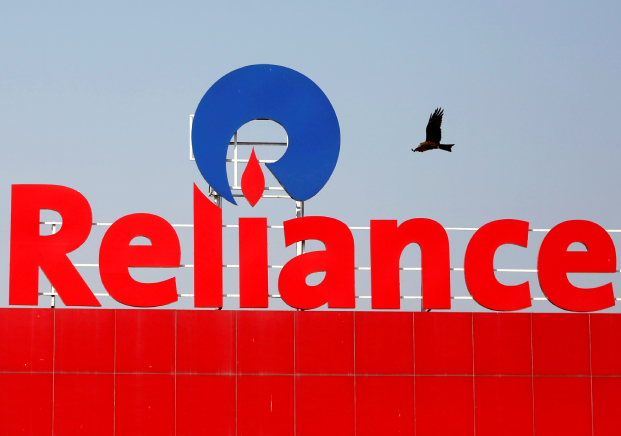Billionaire Mukesh Ambani’s Reliance Industries is exploring a move into semiconductor manufacturing, sources claim.
The telecoms-to-energy conglomerate, encouraged by the Indian government, has held early-stage talks with foreign chipmakers with the potential to become technology partners, said one of the people who has direct knowledge of the plans.
“There is intent, there is no timeline,” said the person, adding that Reliance has “yet to make a call on whether they want to ultimately invest”.
Also on AF: Threat of More Chip Curbs Spurs Warnings on China Innovation
Modi has declared he wants his country to become a chipmaker for the world but those ambitions, first laid out in 2021, have suffered setbacks.
The country does not as yet have any chip manufacturing plants, although India’s Vedanta and Taiwan’s Foxconn are both looking at building facilities.
Reliance sees merit in getting into semiconductors as the move would help safeguard against chip shortages that could affect its telecom and electronic devices businesses, the sources said.
In 2021, for example, the conglomerate delayed the launch of a low-cost smartphone it was developing with Google citing the chip shortage.
Demand for semiconductors in India and globally is also increasing, they noted. India’s government has forecast the domestic chip market will be worth $80 billion by 2028 compared with $23 billion currently.
Reliance, which has a market capitalisation of around $200 billion, would be one the best-positioned companies in India to delve into semiconductors, said Arun Mampazhy, a former India executive at US-based chipmaker GlobalFoundries.
“They also have deep pockets and know how to work with the government,” he said.
India Chip Setbacks
But chip manufacturing is an industry that has historically been beset with boom and bust cycles and requires much expertise.
“Getting a tech partner – as a joint venture, or via transfer of technology, is the make or break point” for Reliance, said Mampazhy.
Setbacks for India’s chip ambitions have come despite the government’s offer of $10 billion in incentives.
A $19.5 billion venture between Vedanta and Foxconn collapsed in July even before it got off the ground as the two sides struggled to find a tech partner, with Foxconn complaining that the project had not moved fast enough.
Foxconn has since decided to invest in India without Vedanta.
Plans by ISMC, a venture between Abu Dhabi-based Next Orbit Ventures and Israel’s Tower Semiconductor, to invest $3 billion in India, have moved slowly after Intel sought to acquire Tower. Talks between Intel and Tower later collapsed.
Reliance has for months been considering an investment of $300 million that would give it a 30% stake in the venture, a third source with direct knowledge of discussions said.
- Reuters with additional editing by Sean O’Meara
Read more:
Indian Shares Soar to New Highs, Lifted by Reliance, HDFC
India’s Reliance to Launch Low-Cost Laptop to Copy Phone Success
Reliance’s Jio Tops Pile in India’s $19bn 5G Sell-Off
Amazon’s Battle with Reliance for Indian Retail Supremacy
























